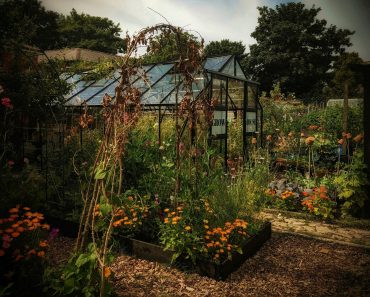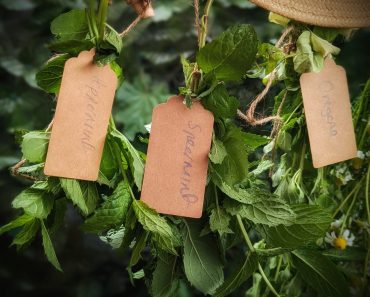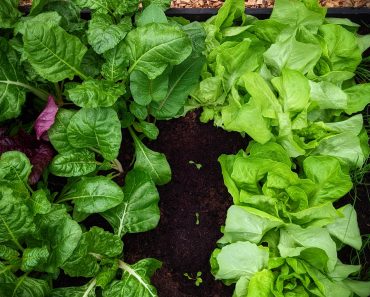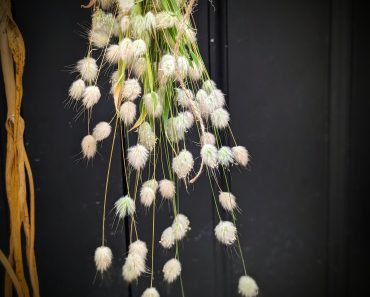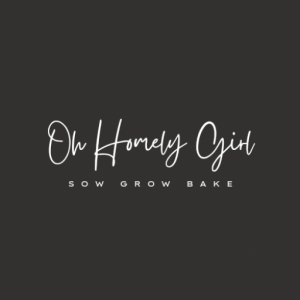One of the Joys of growing Sunflowers is not only the bright and beautiful blooms, but also the anticipation of a seed harvest after their growing cycle has ended. Learn How to save Sunflower seeds and why you should be doing it….
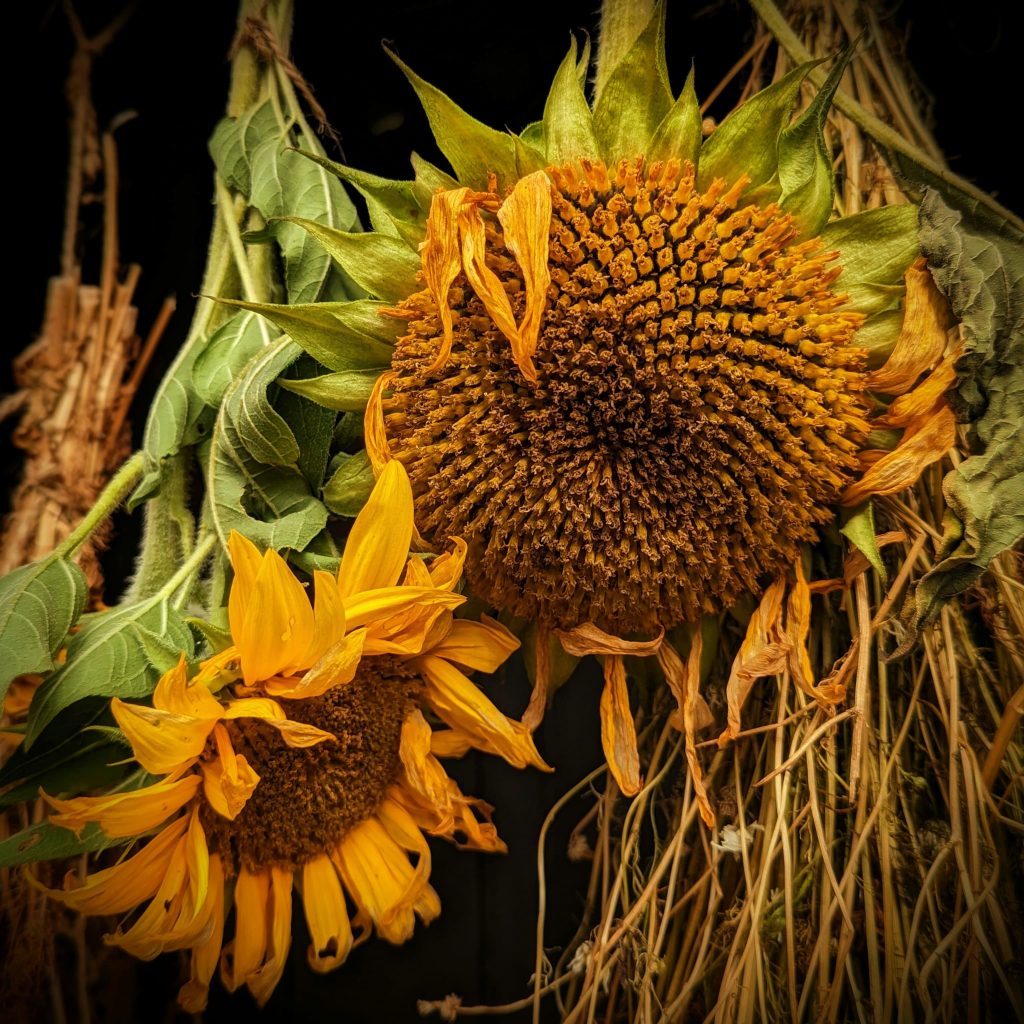
This Post May Contain Affiliate Links please see my Disclosure Policy
Beware The Competition!
My Sunflower seeds are as important to the Birds, Squirrels and Mice as they are to me. They have no shame in stealing my Sunflower seeds before i’ve even lifted my head off the pillow in the morning! That’s ok, I don’t mind sharing!
But to guarantee I have at least something to harvest, I pick the flowers as soon as their ready and hang them in a protected space until I have time to Harvest the seeds.
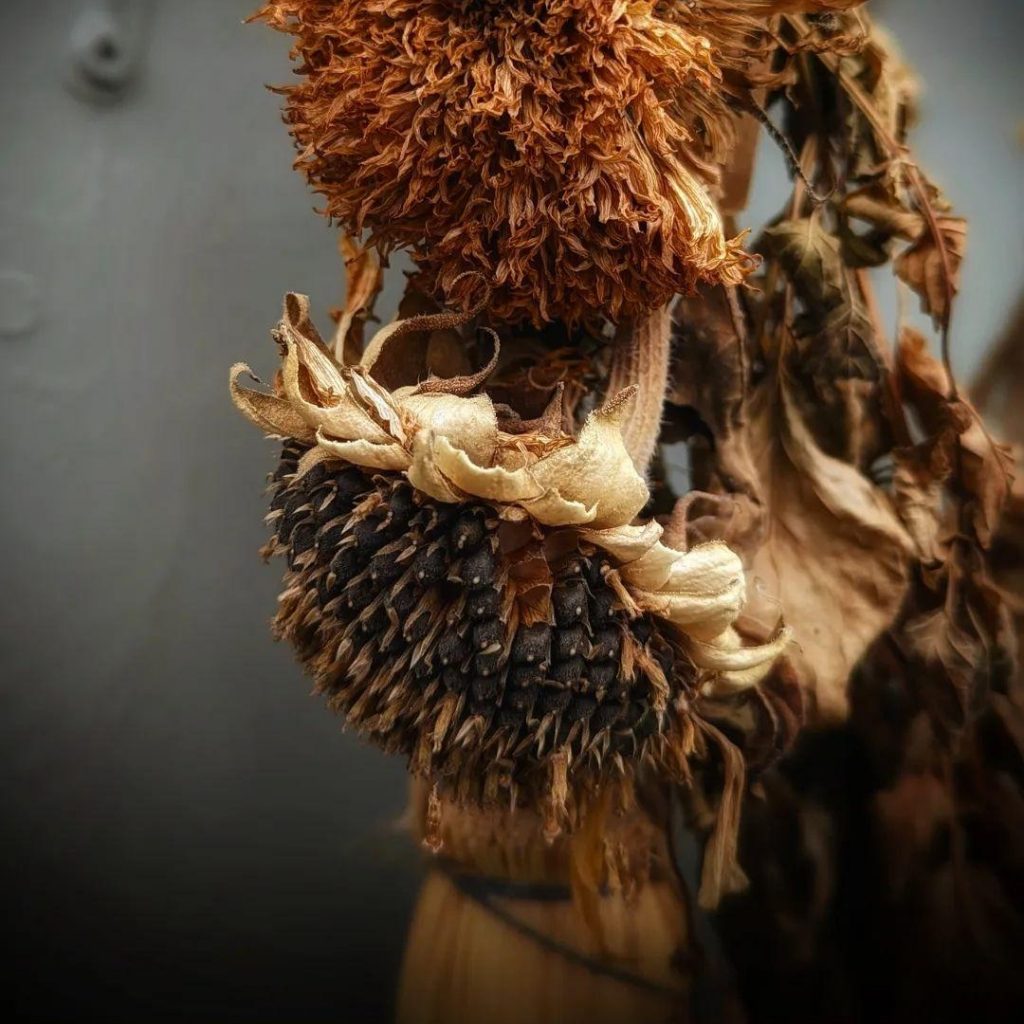
When to Harvest Sunflower Seeds
Harvesting sunflowers seeds is not a difficult process, but timing is everything. The Usual time for Harvesting Sunflower Seeds is from mid-September to early October. But it could be sooner…
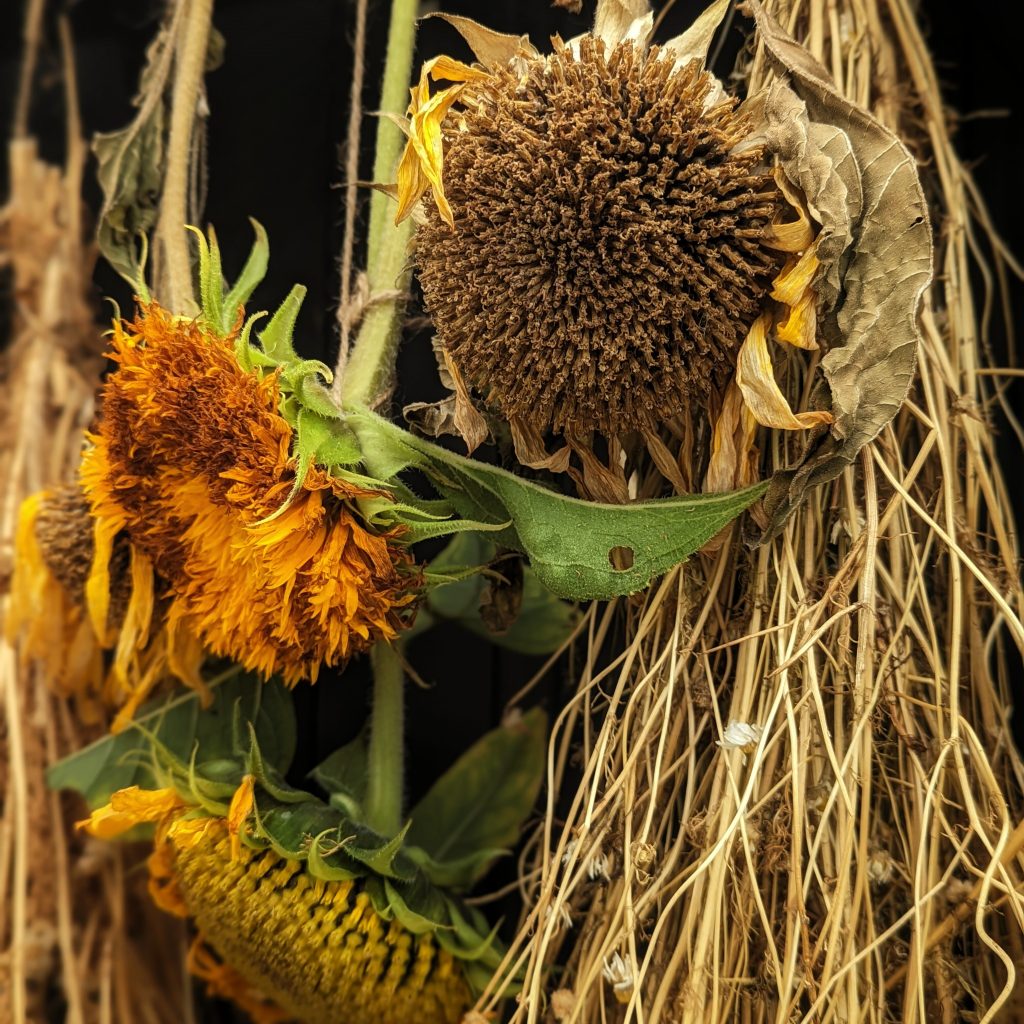
What are the Signs that your Sunflower seeds are ready to be harvested?
Affiliate Links
- A good Indicator is- drooping flower heads, brown petals and loose seeds.
- The green base of the head will also turn yellow and then brown. The Seeds will look plump and will be a solid black or striped black and white. *This is of Course dependant on the Variety of Sunflower you are growing.
- As I said above, I like to pick the Sunflowers and store them away as soon as they are ready, to protect them from the birds. However, if you prefer you can leave them on the plant. Just be sure to net them to offer some protection, I like these Net Bags for that purpose.
How to Harvest Sunflower Seeds
Couldn’t be easier. Hold the sunflower head firmly above a bowl or plant pot, briskly rub the seeds from the head with your hand. See below for an instructional video.
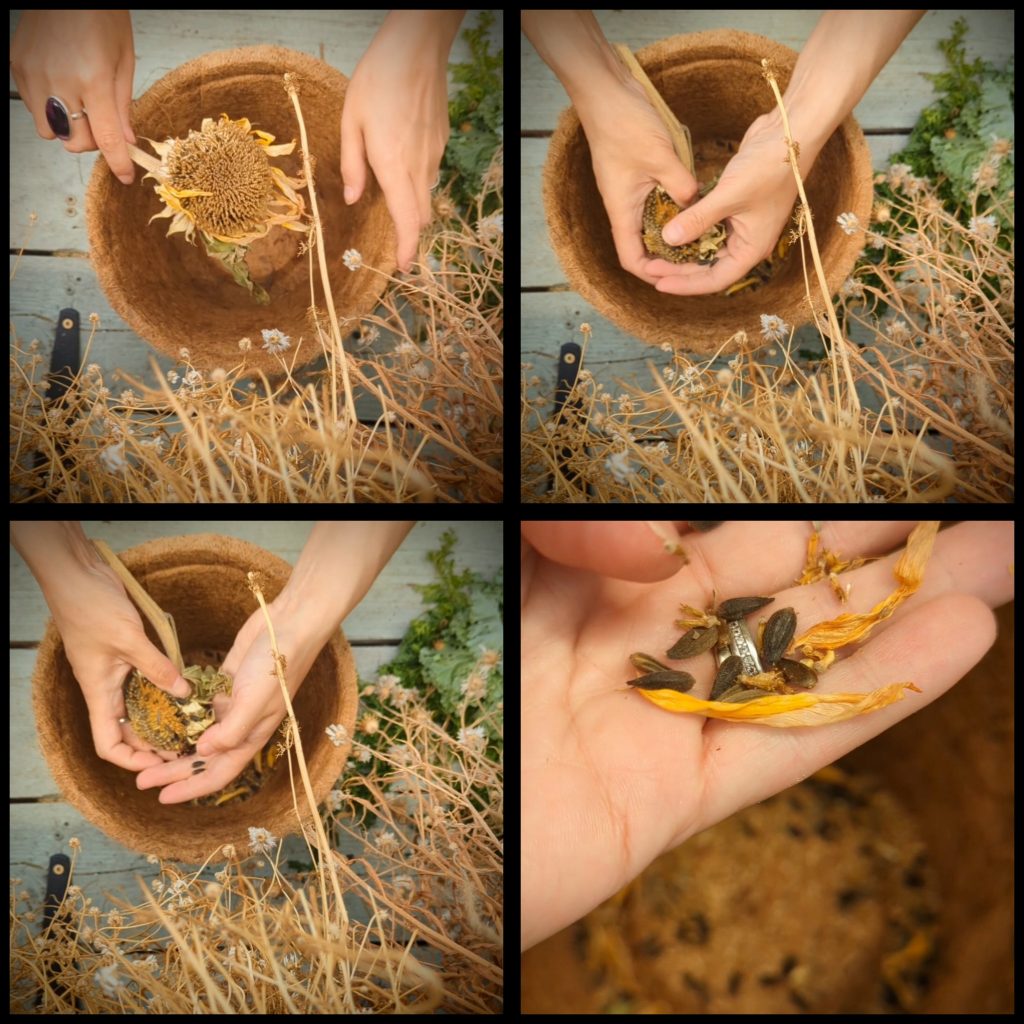
Storing Sunflower seeds
Once you have harvested the Sunflower Seeds, make sure to dry them completely. Do this by spreading them out on brown paper or Newspaper, then place them in a sheltered, dry environment and allow them to dry out for a minimum of 1 week. Once dry, store Sunflower seeds in a sealed envelope or jar.
Reasons to save Sunflower Seeds
- Harvesting your own Sunflower seeds, saves money and extends the enjoyment of these Sunshiny Beauties- at least until you sow them again the following year!
- Not Just for planting! You can harvest sunflower seeds to eat. * Note-All sunflower seeds are edible, but us humans mainly eat the large grey and white striped ones as they are meatier and tastier than the smaller dark varieties.
Here are a few ways you can incorporate Sunflower Seeds into your diet
- Sprinkle on top of a salad
- Stir into Porridge
- Add to Stir Frys
- Sprinkle and bake on to homemade Bread.
Sunflower Seed Health Benefits
Studies have found that consumption of sunflower seeds can help lower rates of cardiovascular disease, manage high cholesterol, and help reduce high blood pressure. Sunflower seeds are also a rich source of many vitamins and minerals that can help support the body’s immune system and increase its ability to fight off viruses.
- Feed the birds… Intentionally. Homegrown Sunflower Bird feed, my Budgies love it!
- It’s a fun and rewarding process- a lesson in self-sufficiency
Learn How to grow Sunflowers
One of my Favourite Sunflower varieties are ‘Teddy Bears’ read this post to see how to sow, grow and double your blooms.
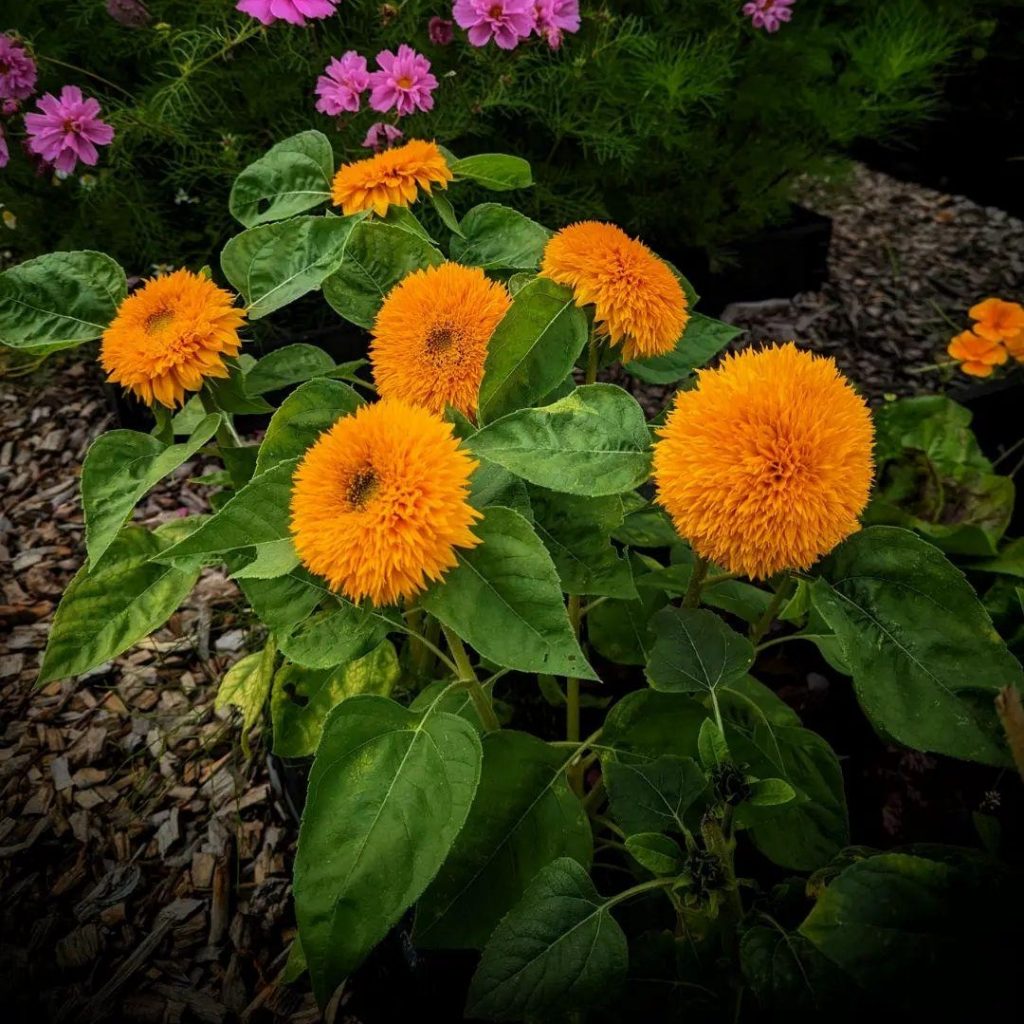
Looking for more ‘How to’ Flower posts? Check these out!
See these other Seed Saving Posts
Looking For more ‘Homely’ Inspo ?
Have a Nosey Around the Blog! See what i’ve been Baking, Growing and Drinking! Also, pop over and say Hi on Instagram
*Any specific health claim or nutritional claims or information provided on the Website are for informational purposes only. Nothing on the Website is offered or intended to be a substitute for professional medical, health, or nutritional advice, diagnosis, or treatment. This Website is not intended to diagnose, treat, cure or prevent any disease. You assume full responsibility for consulting a qualified health professional regarding health conditions or concerns.


